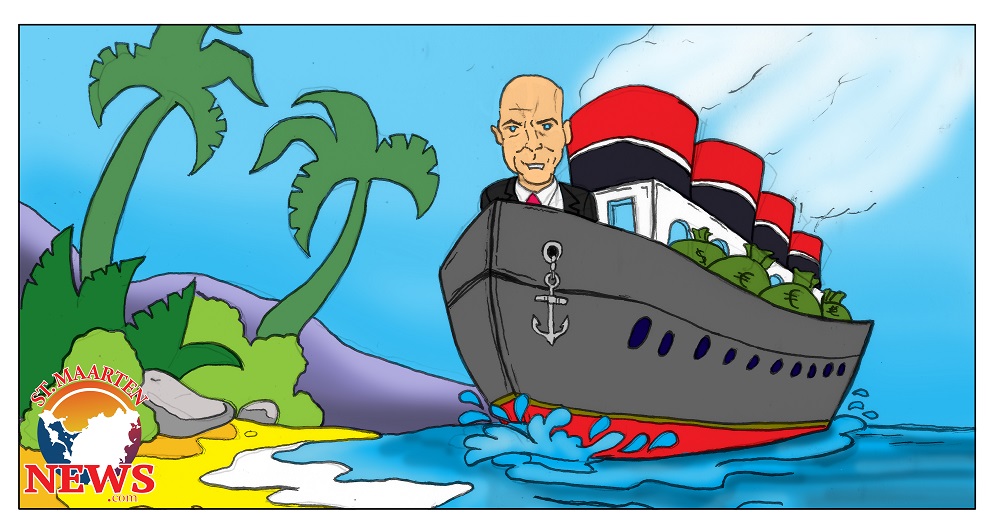COHO: No choice at all

By Hilbert Haar
The Kingdom Council of State has finalized its advice about the amended draft kingdom law COHO (Caribbean Organization for Reform and Development) but at the moment of this writing it was not published yet. So we do not know the content of this advice.
All countries in the kingdom have agreed with the process this draft law is currently going through. That is not the same as agreeing with the draft the Dutch government will shortly send to the Dutch Second Chamber and to the parliaments of St. Maarten, Curacao and Aruba. The Caribbean parliaments will get their say and their comments will become part of the deliberations in the Second Chamber. Again that is no guarantee that the Dutch parliament will accept possible changes the three parliaments may (or may not) bring forward.
So what is happening next and what are the options?
Etienne Ys, a former Prime Minister of the (also former) Netherlands Antilles outlined three scenarios in an op-ed that appeared on the website of dossierkoninkrijksrelaties.nl.
One of these scenarios reflects on a situation whereby one of the Caribbean parliaments approves a motion that asks the government to reject the draft law. The government could of course ignore this motion and agree to the law anyway, but that could in turn lead to a political crisis and the fall of the government.
Parliament and government could also attempt to renegotiate the agreement. According to Ys, this would not please any of the other countries, given that they invested already so much effort and energy into it.
The third, and most unlikely option is to withdraw support for the draft law altogether. In Curacao, Prime Minister Gilmar Pisas has already indicated that this is a no-go, because it would have dire financial consequences. What is true for Curacao is, in this case, also true for St. Maarten. Withdrawing support would mean no more Dutch liquidity support and without that money the government will no longer be able to meet its commitments.
So what is wisdom in this case? According to Ys it makes sense to have a good debate in parliament on the merits of the draft law and to come up with solid proposals to repair any shortcomings. Ys suggests that the advices from the Kingdom Council of State and the local Councils of Advice could provide guidance in this field.
Let’s go back to the formal trajectory. The advice from the Kingdom Council of State – contents currently unknown – has been submitted to the Dutch government on September 22. Maybe this will inspire the Dutch to make some last-minute adjustments – and maybe not. When this process is complete, the new draft law, together with the advice from the Council of State, will be submitted to the parliaments of all kingdom-countries.
According to Ys, the Caribbean parliaments will then have the opportunity to debate the draft law, but they do not have the right to approve or veto the law. They also cannot block handling of the draft law in the Dutch parliament. A report about these debates will be submitted to the Second Chamber.
State Secretary Knops has declared, not for the first time, that the Caribbean countries have the right to oppose the draft law. But such disagreement will have dire consequences: no more liquidity support.
St. Maarten, Curacao and Aruba will be allowed to send one or more delegates from their parliaments to The Hague to take part in the debate about the draft law. But they will have no voting rights.
The Dutch parliamentarians will decide whether the law will be approved. The Caribbean countries are obviously in a bind with all this. There is an apt Dutch expression for this situation: slikken of stikken – in other words, agree or suffer the consequences.
Expect a lot of noise when this draft-law comes up for debate in the parliament in Philipsburg. But that’s all our politicians have left: noise. Because choosing between accepting and rejecting the COHO is no choice at all.

























